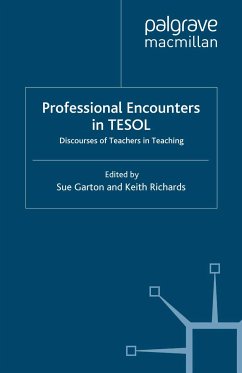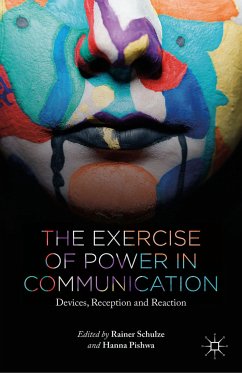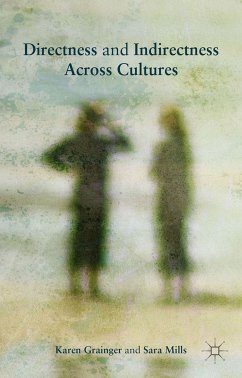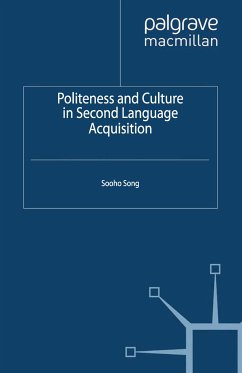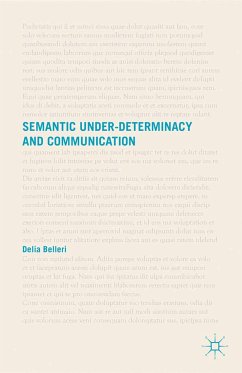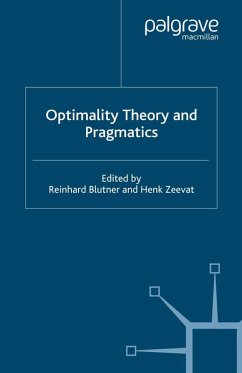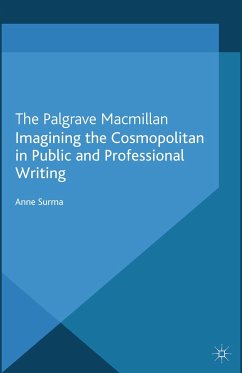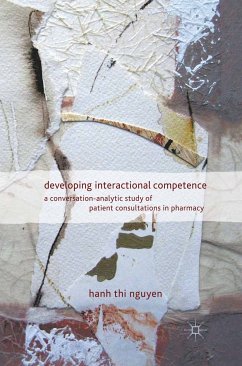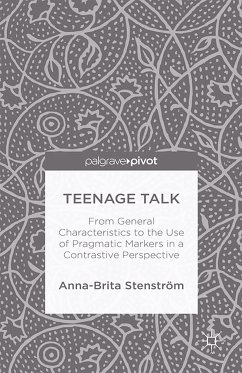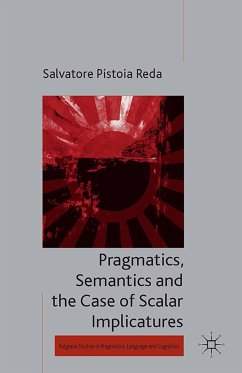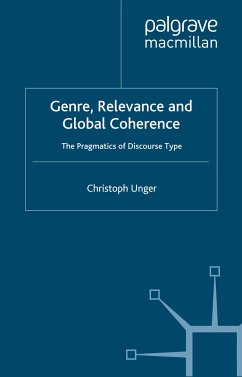
Genre, Relevance and Global Coherence (eBook, PDF)
The Pragmatics of Discourse Type
Versandkostenfrei!
Sofort per Download lieferbar
72,95 €
inkl. MwSt.
Weitere Ausgaben:

PAYBACK Punkte
36 °P sammeln!
This book seeks to explain how discourse types influence the addressee's understanding of the communicator's intention. Examining global coherence-based accounts as well as proposals based on Gricean pragmatics, it argues that the key to a solution lies in the cognitive and communicative principles of relevance proposed by Sperber & Wilson.
Dieser Download kann aus rechtlichen Gründen nur mit Rechnungsadresse in A, B, BG, CY, CZ, D, DK, EW, E, FIN, F, GR, HR, H, IRL, I, LT, L, LR, M, NL, PL, P, R, S, SLO, SK ausgeliefert werden.



